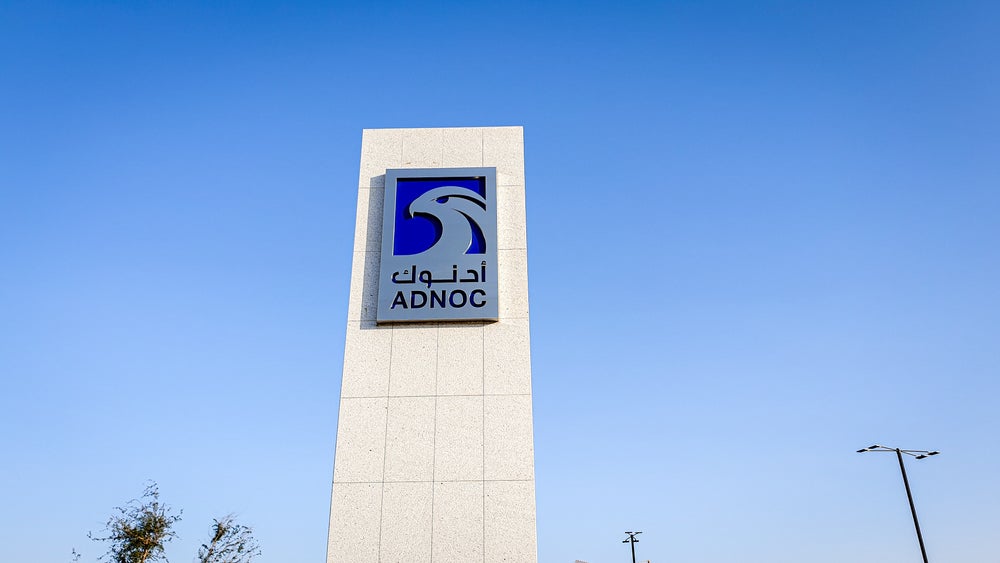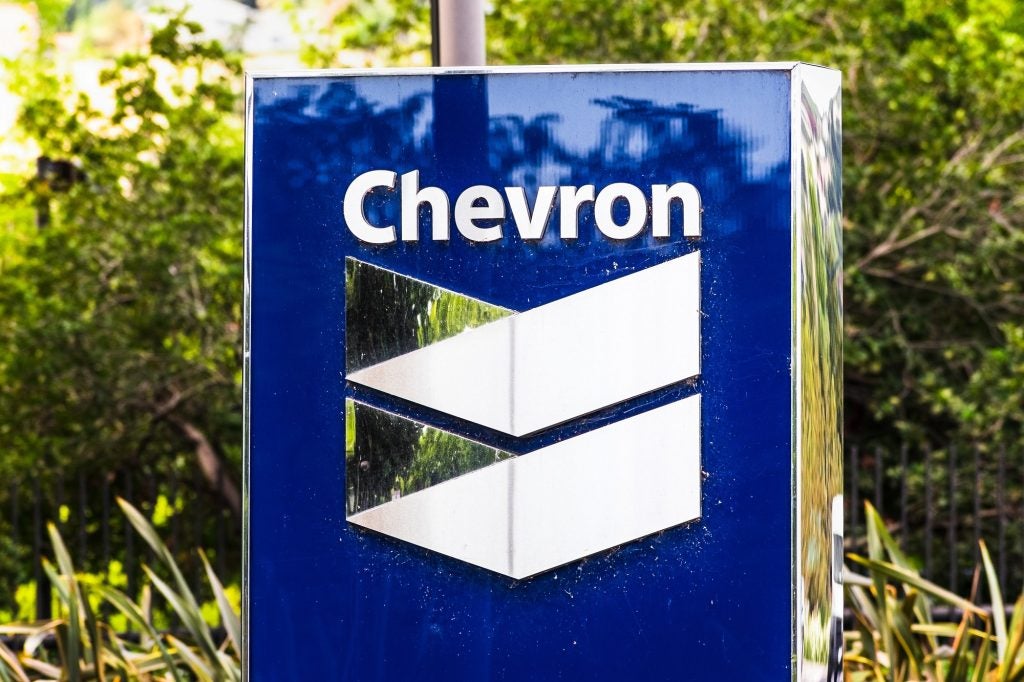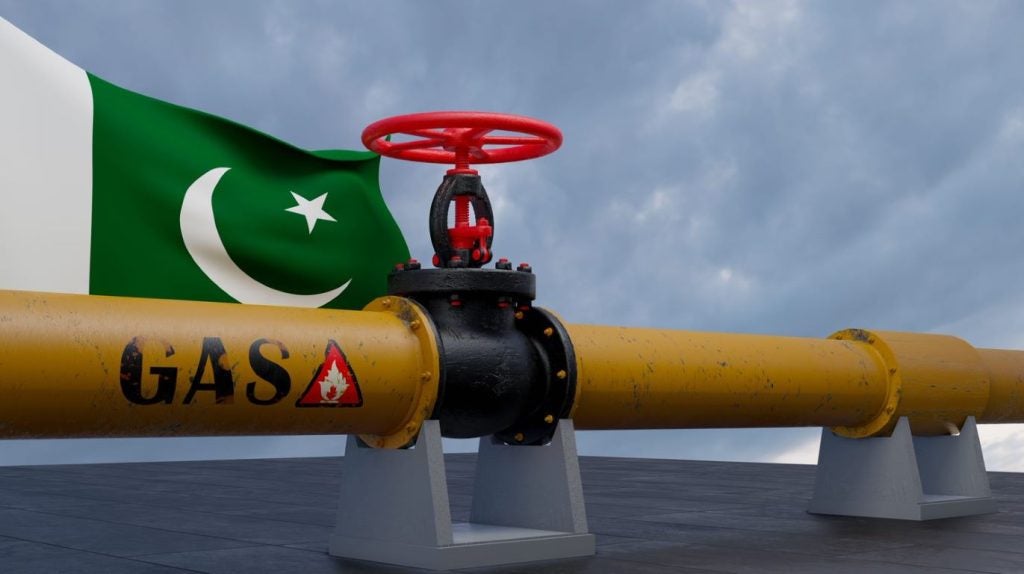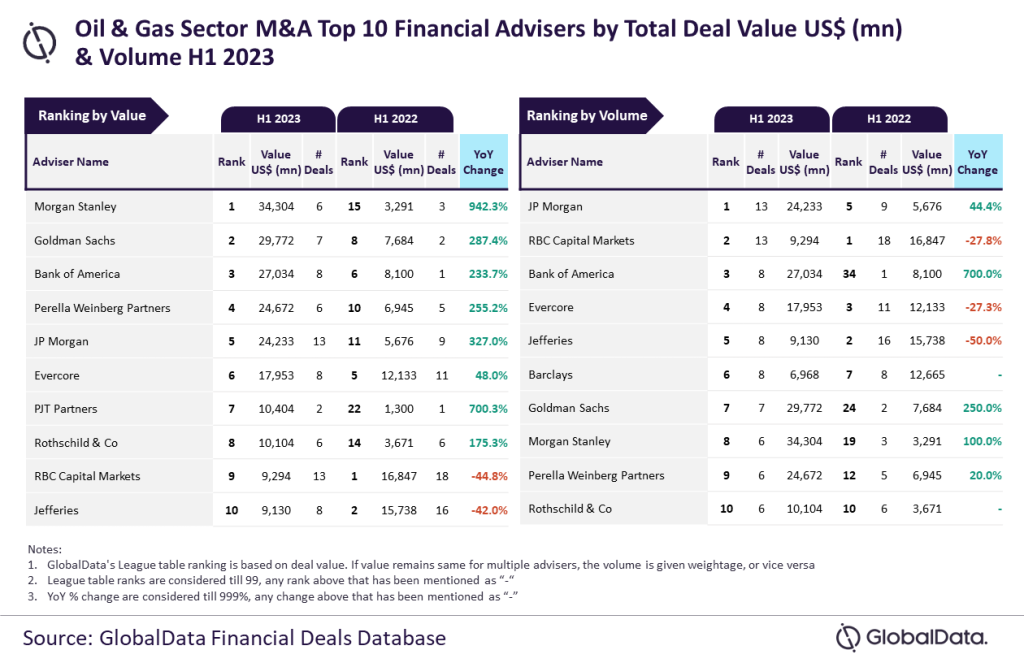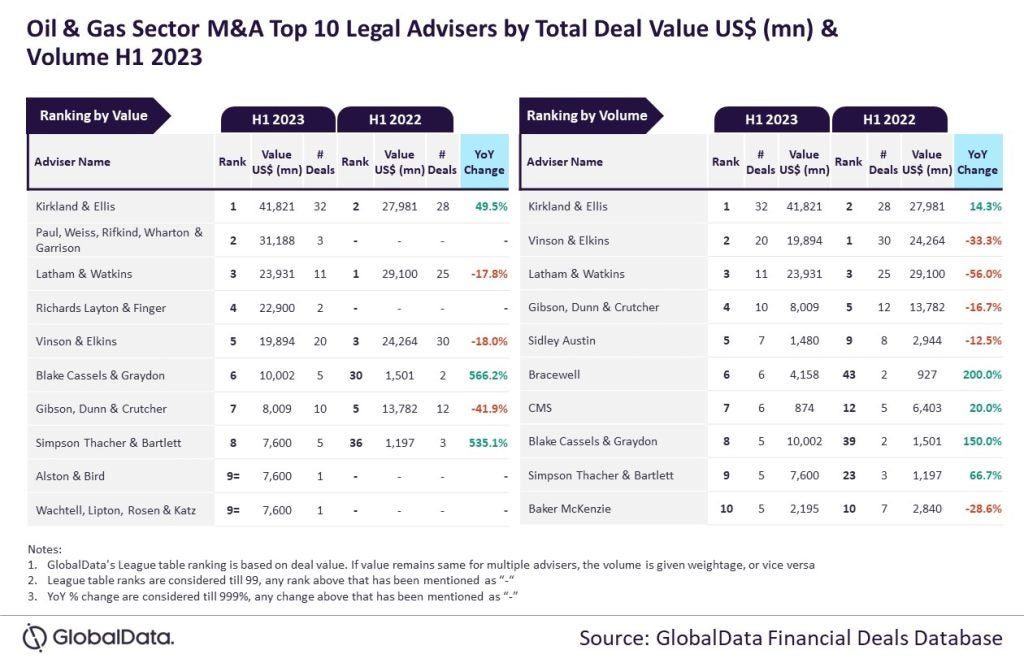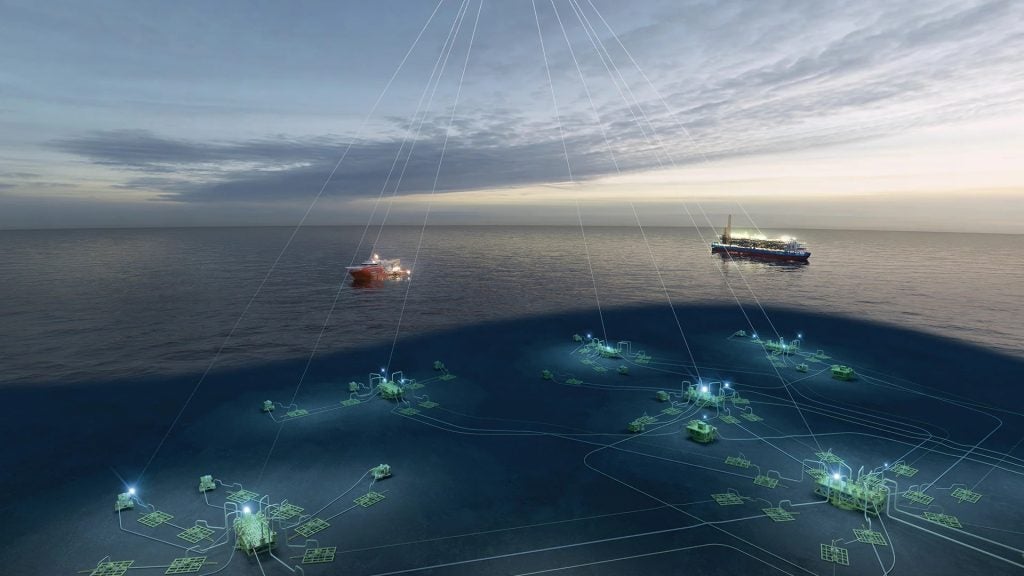ADNOC Gas, a unit of government-backed Abu Dhabi National Oil Company (ADNOC), has reported a net income of $984m (Dh3.6bn)in the second quarter of 2023, a 29% drop year-on-year.
Revenue during the period under review fell 24% to $5.39bn against $7.12bn in the second quarter last year.
ADNOC Gas attributed the lower income to lower pricing.
The company aims to pay a fixed dividend of $1.62bn in the fourth quarter of this year and a further $1.62bn in the first half of 2024.
First-half income was reported to be $10.62bn, a 20% decline in comparison with $13.28bn revenue in the year-ago period.
ADNOC Gas said it made a strategic shift towards exporting liquids with greater margins and put more emphasis on improved efficiency to offset lower prices.
ADNOC Gas CEO Ahmed Alebri said: “Our results for the first half of 2023 showcase the resilience and robustness of our business in the current lower price environment compared to the higher prices witnessed in H1 2022. We continue to witness long-term structural demand growth for natural gas as a critical fuel for the responsible global energy transition.
“Our recent signing of significant long-term LNG agreements and our domestic investments demonstrate that we remain ideally positioned to meet both local and international demand, while further decarbonizing our operations in line with the UAE’s Net-Zero 2050 ambition, as we continue to deliver value for our shareholders over the longer-term.”
Last month, ADNOC Gas awarded contracts worth $1.34bn for a new natural gas pipeline, expanding the company’s existing network to more than 3,500km from 3,200km.
The pipeline award was followed by a $7–9bn 14-year LNG supply deal with the Indian Oil Corporation.
Last week, ADNOC Gas’ parent acquired a 30% equity stake in the Absheron gas and condensate field in the Caspian Sea offshore Azerbaijan.


